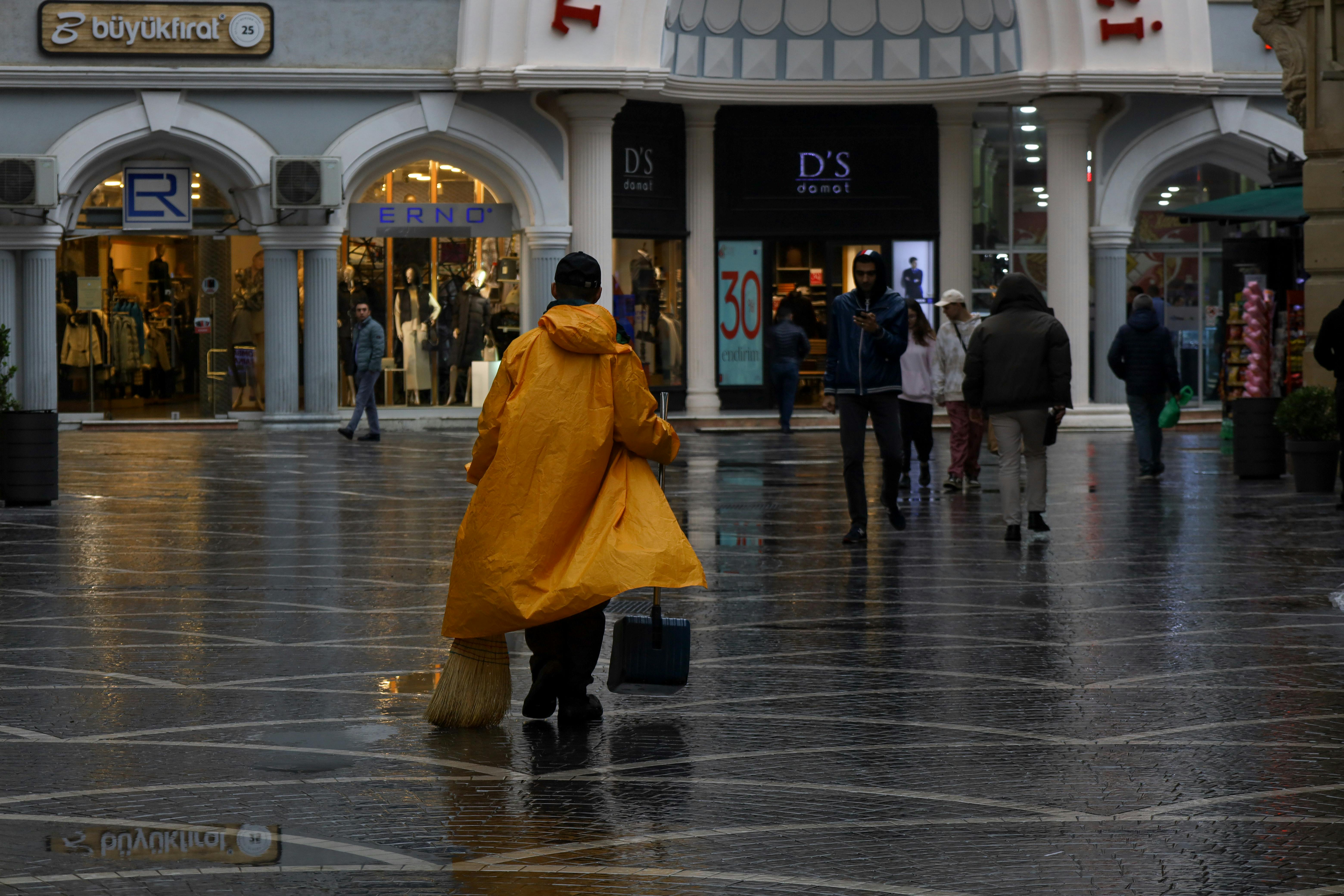Distilled vinegar is a versatile and effective cleaner that can be used in many different ways around the home. It is an environmentally friendly and cost-effective cleaning solution that has many uses, from removing hard water stains to disinfecting surfaces. It is also safe to use on many different materials and surfaces, so it’s a great choice for cleaning both indoors and outdoors. In this article, we will explore the benefits of using distilled vinegar for cleaning and look at some of the best ways to use it around your home.Distilled vinegar is a clear liquid produced through the distillation of grain alcohol, which has been fermented to become an acetic acid. It is used frequently in cooking and cleaning, and has a sharp, sour flavor. Unlike other types of vinegar, distilled vinegar contains no added flavors or colorings.
The Benefits of Distilled Vinegar for Cleaning
Distilled vinegar is an incredibly versatile cleaning agent because it is non-toxic, eco-friendly and cost effective. Because it is acidic, it works to break down dirt, grime and other debris that has built up on surfaces. It can be used to clean windows, countertops, walls and more. It can even be used for spot cleaning carpets and upholstery.
Distilled vinegar has antibacterial properties due to the acetic acid present in it. This makes it very effective in reducing germs in your home. It can be used to clean surfaces such as kitchen counters, bathroom fixtures and floors. The antibacterial properties also make it a great choice for laundry detergent or fabric softener as it can help reduce the spread of germs on clothing.
It is also useful for removing odors from fabrics, carpets and upholstery as well as deodorizing rooms or closets where odors linger. Distilled vinegar can also be mixed with baking soda to form a paste that can be used to scrub away tough stains from your pots and pans or bathroom fixtures without damaging them.
Overall, distilled vinegar is an excellent choice when it comes to cleaning around your home or office because of its versatility and low cost. Its non-toxic nature makes it a safe choice for those who are concerned about using harsh chemicals on their surfaces. Its antibacterial properties make it a great choice for killing germs while its ability to remove odors make it an ideal cleaner for fabrics and carpets.
Substitutes for Distilled Vinegar in Cleaning
Vinegar is an effective natural cleaning agent, but sometimes an alternative to distilled vinegar is needed. Lemon juice is a great substitute for distilled vinegar; it is acidic and will help remove dirt and grime. Another great option is baking soda, which can be used to scrub away tough stains. Borax is also a good choice; it can be mixed with water to make a paste that can help remove tough stains and odors. Baking soda and water can also be used to create a paste that can be used to clean surfaces such as countertops, sinks, and bathrooms. Finally, rubbing alcohol is another popular substitute for distilled vinegar; it’s perfect for removing grease and grime from surfaces like stovetops and ovens.
Each of these substitutes has its own advantages; lemon juice is a natural deodorizer and disinfectant, while baking soda can help remove tough stains without damaging surfaces. Borax has antifungal properties that make it ideal for cleaning tile or grout in bathrooms or kitchens, while rubbing alcohol is effective at removing grease or oil from surfaces like cookware or countertops. Regardless of which cleaner you choose, always use caution when using any type of chemical cleaner on surfaces; test the cleaner on an inconspicuous area first to ensure there will be no damage to the surface before applying it more broadly.

Safety Measures When Using Distilled Vinegar for Cleaning
It is important to take safety measures when using distilled vinegar for cleaning. Distilled vinegar is a powerful cleaning agent and should be used with caution. Always wear rubber gloves and protective eyewear when using distilled vinegar to avoid skin or eye irritation. Make sure the area where you are cleaning is well-ventilated so you don’t inhale any fumes from the vinegar. When using it on surfaces, test the surface in an inconspicuous area first to make sure the vinegar won’t cause damage. Keep it away from children and pets, as drinking it can cause serious health problems. Be aware that distilled vinegar can react with other chemicals, such as bleach, so never mix them together. Finally, always store the bottle of distilled vinegar in a safe place away from direct sunlight and heat sources.
By following these safety measures, you can safely use distilled vinegar for your cleaning needs without putting yourself or others at risk of harm.
Granite Countertops
Granite countertops are beautiful and durable, but should not be cleaned with distilled vinegar. The acidic nature of the vinegar can damage the sealant on the countertop, leaving it more vulnerable to staining and damage. Instead, use a mild detergent or cleaner specifically made for granite surfaces.
Marble Surfaces
Marble surfaces are also vulnerable to acid-based cleaners such as distilled vinegar. The acid can etch into the surface of the marble over time, leaving it dull and discolored. To clean marble surfaces, use a mild detergent or specific marble cleaner instead of distilled vinegar.
Aluminum Surfaces
Aluminum surfaces should also not be cleaned with distilled vinegar as it can cause corrosion and pitting over time. To clean aluminum surfaces, use a mild detergent or a cleaner specifically formulated for aluminum surfaces. Avoid using abrasive cleaners or scrubbing pads as they can cause scratches and further damage the surface.
Wooden Surfaces
Wooden surfaces should also be avoided when cleaning with distilled vinegar as it can strip away any protective finish on the wood and leave it vulnerable to staining and damage. Instead, use a mild detergent or cleaner specifically made for wooden surfaces.

Conclusion
Distilled vinegar is an effective and inexpensive cleaning agent. It is safe to use, environmentally friendly, and can be used to clean many different surfaces around the home. Furthermore, it is a natural deodorizer, which makes it ideal for removing unpleasant smells in the kitchen and bathroom.
Overall, distilled vinegar is a great cleaning product that should be included in any household’s cleaning arsenal. With its low cost and versatility, it can be used to tackle many different types of dirt, grime, and odors. With the right knowledge and application techniques, you can use distilled vinegar to keep your home looking clean and smelling fresh.
In conclusion, distilled vinegar is an excellent choice for natural cleaning. Its safety makes it suitable for use around children and pets, while its effectiveness makes it a good choice for tackling tough dirt and odors. With its versatility and low cost, distilled vinegar should certainly be considered as part of your regular cleaning routine.

